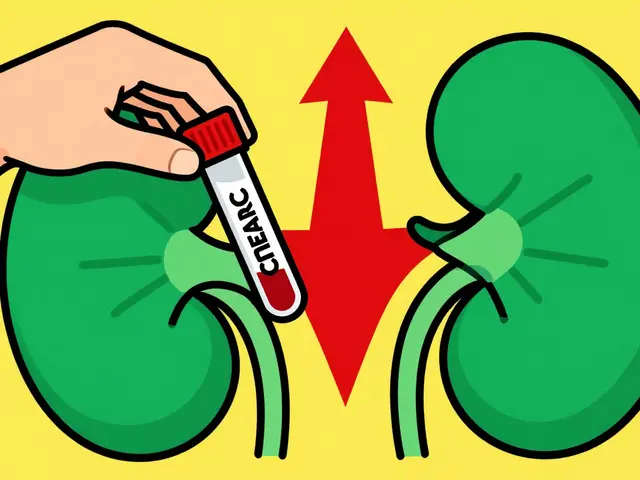Melatonin: What It Is, How It Works, and What You Need to Know
When you think about sleep, you might not realize your body makes its own sleep hormone called melatonin, a naturally occurring hormone produced by the pineal gland that signals your brain it’s time to sleep. Also known as the sleep hormone, it rises in the evening as light fades and drops when morning comes. This rhythm is part of your circadian rhythm, your body’s internal 24-hour clock that controls sleep-wake cycles, hormone release, and other key functions. If this rhythm gets thrown off—by shift work, jet lag, or screen time at night—your melatonin levels can drop, making sleep harder to find.
That’s why many people turn to sleep supplements, over-the-counter products containing synthetic or natural melatonin used to help reset sleep patterns. But not all sleep aids are the same. Some people use melatonin for occasional trouble falling asleep. Others take it daily for chronic insomnia or to adjust to new time zones. What most don’t realize is that melatonin doesn’t act like a sleeping pill. It doesn’t knock you out. It gently nudges your body toward sleep by aligning your internal clock. Too much can mess with your natural rhythm, and timing matters just as much as dosage. Taking it at 8 p.m. when you’re not ready for bed? It might not help—or could even make things worse.
What you’ll find in the posts below is a collection of real-world comparisons and practical insights tied to melatonin’s role in health. You’ll see how it connects to medications used for sleep, how it interacts with other drugs like antihistamines that also affect cognition, and why some people rely on it while others avoid it. You’ll also find discussions about how sleep problems tie into broader health issues—from diabetes and cognitive decline to shift-work disorders and antibiotic side effects. There’s no fluff here. Just clear, direct information from people who’ve been there: the mom who tried melatonin for her teen’s screen-induced insomnia, the nurse managing sleep for night-shift workers, the older adult worried about long-term use and dementia risk. These aren’t theory pieces. They’re real stories wrapped in facts.
If you’ve ever stared at the ceiling wondering why sleep won’t come, or if you’ve tried melatonin and felt like it didn’t work right, you’re not alone. The answers aren’t always in the bottle. Sometimes they’re in understanding your rhythm, your habits, and what else you’re taking that might be quietly sabotaging your sleep. What follows isn’t just a list of articles. It’s a map to smarter choices around sleep, supplements, and the hidden connections between what you take and how well you rest.

30
Oct
Melatonin doesn't directly boost memory, but it helps your brain consolidate memories by improving sleep quality. Learn who benefits most and how to use it safely for cognitive support.






